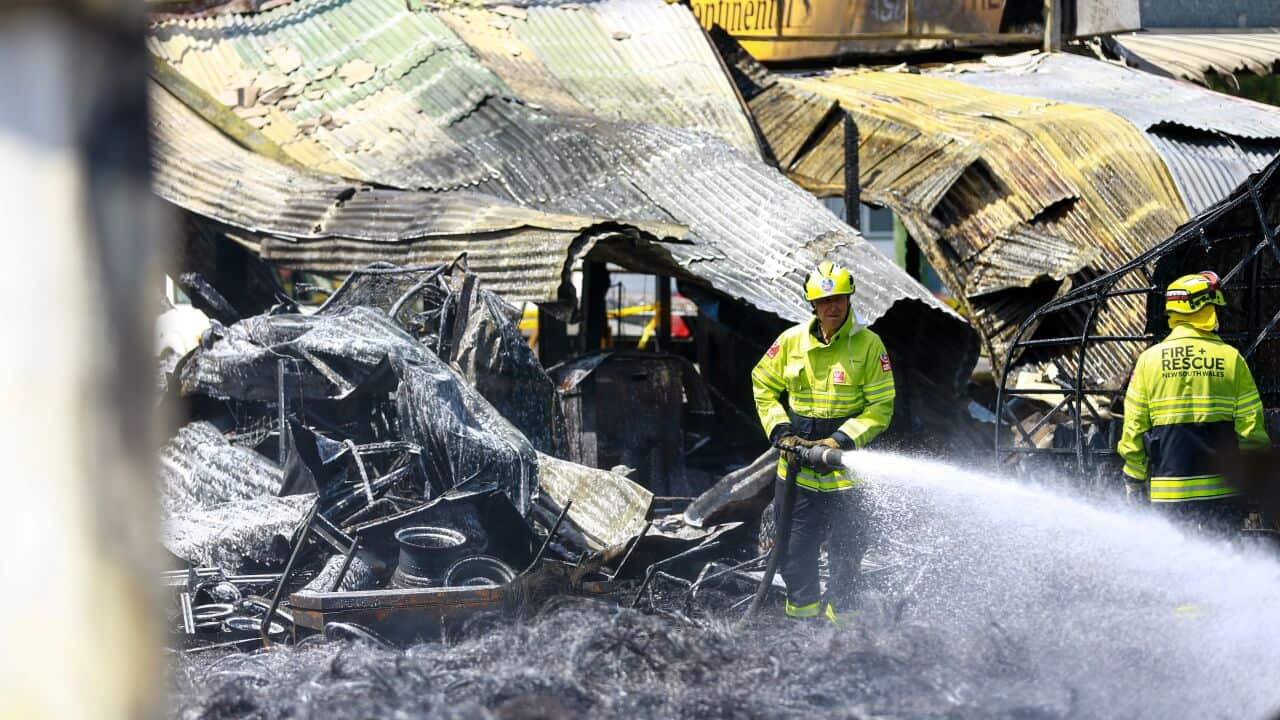From droughts to fires, cyclones, and floods, Australia has been hit with a series of devastating extreme weather events, and the financial burden is becoming increasingly heavy.
According to a new Climate Change Authority (CCA) report, back-to-back disasters have cost the Australian economy $2.2 billion in the first half of 2025 alone.
The cost is projected to rise to $8.7 billion annually by 2050 without strong action, the report stated.
The Home safe: National leadership in adapting to a changing climate report examines the increasing frequency of extreme weather events and calls for national leadership on climate action.
The economic cost of natural disasters and extreme weather
The Insurance Council of Australia estimates bushfires, cyclones, and floods are costing Australian homeowners around $4 billion each year, from a combination of both insured and uninsured losses, mental health impacts, and loss of housing and employment.
Costs are rising as the climate changes and hazards become more frequent and severe, with regions and homes that were previously unaffected now becoming at risk, according to the Climate Change Authority.
Climate Change Authority chair Matt Kean said: "Our homes are our sanctuaries — and the biggest financial investment most Australians will ever make."
"Millions of Australian homes now face escalating risks from climate change. Devastating flooding on the NSW mid-north coast last month is the latest example, but won't be the last."
The report referenced recent research from the Insurance Council of Australia (ICA), the Treasury, and The McKell Institute into the costs of residential building damage resulting from extreme weather. The research found the cost to residential buildings is $2 billion a year for cyclones, $1.5 billion a year for floods and $486 million a year for bushfires.
As these events become more frequent, the cost of insurance premiums has also increased. The CCA examined research from the Actuaries Institute and ICA, which found insurance claims for ex-Tropical Cyclone Alfred and the North Queensland floods exceeded $1.2 billion.
As cost of living pressures also increase, 15 per cent of Australian households experienced home insurance affordability stress in 2024, according to the research.
Climate-related disasters can also have a lasting impact on property prices in affected areas, and the report projects climate change could wipe over $500 billion off the Australian property market by 2030.
Property damage is not the only economic impact of climate change and extreme weather events.
Alongside housing costs, Australians are also facing costly impacts to their physical health, mental health, displacement, and impacts on their ability to work and study, the report said.
Can climate change costs be reduced?
The CCA has called on the government to take steps to reduce the risks and costs associated with climate-related extreme weather events.
The report's recommendations include making appropriate investments in infrastructure and services, ensuring standards, laws and regulations are fit-for-purpose for a changing climate, and equipping Australians with the information and resources to improve their decision-making.
Research by the CSIRO, Australia's national science agency, found every dollar invested in climate adaptation or disaster risk reduction saves $2 to $11 in recovery costs.
"Authorities will need to review and tighten building codes. Parts of coastal Queensland and WA not now covered by cyclone construction standards may need to be, and soon," Kean said.
"These are the kinds of practical steps we can take to make Australia more resilient in a changing climate."
A spokesperson from the Department of Climate Change, Energy, the Environment and Water said work is underway across all levels of government and the private sector to improve the resilience of infrastructure, services, and the built environment.
"The government released the National Climate Risk Assessment first pass in March 2024, and is now progressing to the full release of Australia's first National Climate Risk Assessment as a matter of priority, in addition to a corresponding National Adaptation Plan," the spokesperson said.
"The National Adaptation Plan will represent a step change in the Australian government's response to climate change. It establishes, for the first time, a framework for adapting to the physical climate risks that are nationally significant."
The National Climate Risk Assessment identified 56 nationally significant climate risks facing Australia, along with a subset of 11 priority risks that require further analysis. It is being used by the government to examine the impacts and risks to Australia from climate change.
Current planning and investments in infrastructure and services include the Critical Infrastructure Resilience Strategy and Plan, the Disaster Ready Fund, and the Queensland Betterment Funds program.
For the latest from SBS News, download our app and subscribe to our newsletter.

